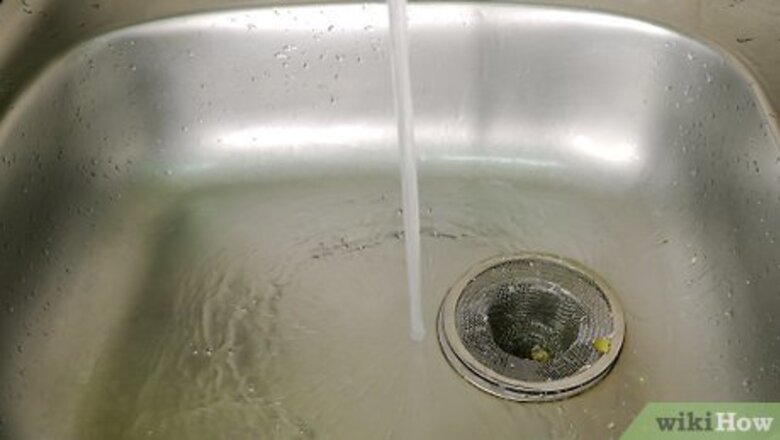
views
Removing Grime
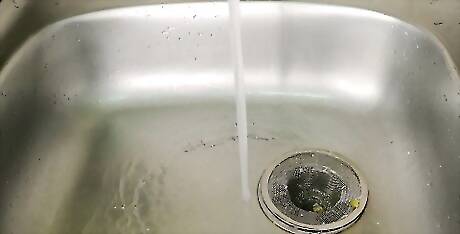
Remove all of your dishes and give your sink a rinse. To clean your sink, start with a fresh palette. Take out any dirty dishes you might have in the sink and rinse your entire sink with cool water. Make sure there are no food chunks stuck in the drain catch. If your sink has a lot of food residue, squirt some dish soap in it before you rinse it out.
Sprinkle a layer of baking soda over your entire sink. Use a liberal amount of baking soda to cover your entire sink. Make sure to get the sides of the sink as well as the bottom. If you sprinkle too much in an area, use your fingers to gently brush it around the sink. Shake the box of baking soda directly over the sink, or use a spoon to pick up a little bit at a time and sprinkle it around.
Scrub the baking soda with a sponge in a circular motion. Use a damp sponge to gently buff the baking soda into your sink. Go with the direction of the grain of your sink. Baking soda is mildly abrasive, so it will clean without scratching anything. Make sure to scrub every inch of your sink, or you may get streaks.Tip: Use a toothbrush to get into the sides and edges of your sink that are hard to reach. You can use a cloth instead of a sponge if you are worried about scratching your sink with an abrasive material.
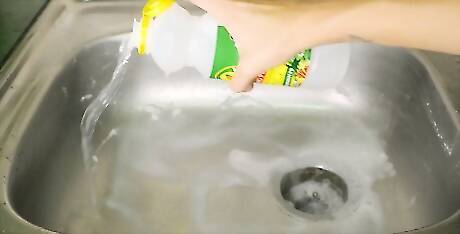
Pour vinegar over the entire sink. The vinegar will react with the baking soda and foam up. Vinegar dissolves the baking soda and any grease or grime it has picked up, making it easier to wash down your drain. Pour enough vinegar to dissolve all of the baking soda in your sink. Baking soda and vinegar will not clog your drain.
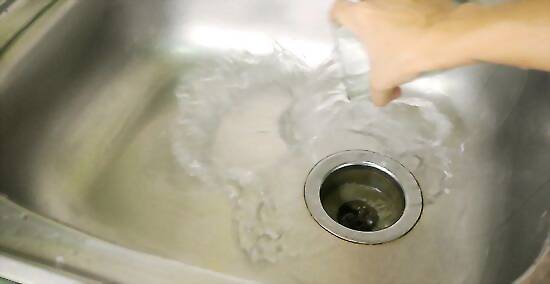
Rinse the sink out with warm water. Use your sink faucet to rinse all of the vinegar and baking soda down your drain. Warm water will help the baking soda dissolve even more. If you have a hose faucet extension, use that to rinse off your entire sink. Otherwise, use a cup to pour water over your entire sink. If any vinegar or baking soda dries on your sink, it could leave streaks.
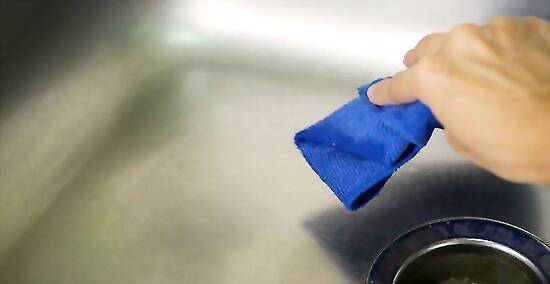
Dry your sink with a clean cloth. Wipe down the inside of your sink to ensure that the entire thing is clean. Check for any streaks or dirty spots left that you can use baking soda on again. Your sink will stay clean for at least 2 weeks. If you want to shine your stainless steel sink, rub a lemon slice all over your sink after it is dry.
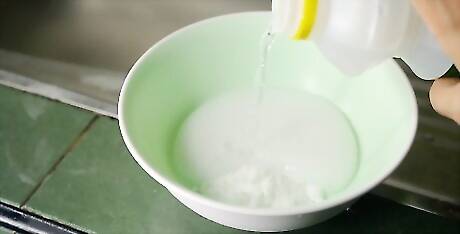
Soak your drain covers in baking soda and vinegar for 15 minutes. Drain covers can also get covered in food scraps and grime. Mix 1 cup (240 mL) of white vinegar and 1 tablespoon (14.4 g) of baking soda in a large bowl. Submerge your drain covers in the mixture and let them soak. Rinse them off with warm water and dry them with a clean towel. The vinegar and baking soda mixture will foam up at first. Put your bowl in the sink to catch any drips that might happen.
Unclogging Your Drain with Baking Soda
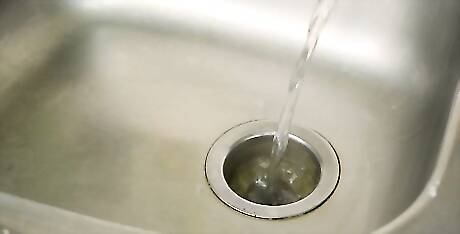
Pour a pot of boiling water down your drain. Set a large pot of water on your stove on high heat. Wait until it is boiling and large bubbles appear at the top of the water. Use pot holders to carefully pick up your pot of boiling water and pour it directly down the drain of your sink. Boiling water helps to break up any super large clogs that are in your sink, and makes it easier for the baking soda and vinegar to work.Tip: Take off any drain covers in your sink before you pour your water.
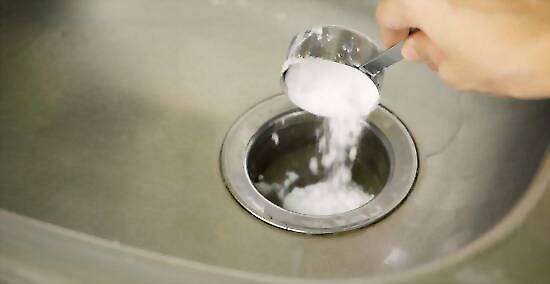
Dump ½ cup (120 g) of baking soda down the drain. Baking soda is a naturally abrasive agent and will work to break up clogs in your drain. Add baking soda to your drain and try to get as much down the drain as you can. The baking soda may sit on top of the drain at first, and that’s okay.
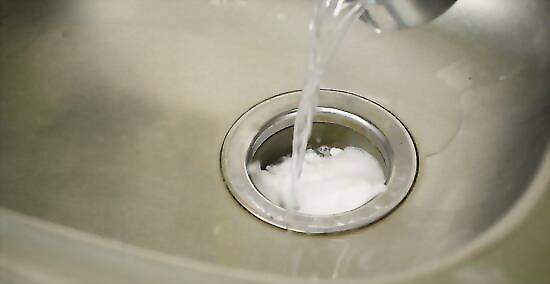
Pour 1 cup (240 mL) of white vinegar down the drain. Vinegar will react with the baking soda and start to bubble up. Vinegar dissolves the baking soda as well as grease or grime that could be clogging your sink. Do not be alarmed if your drain starts to froth up; this means the reaction is working. White vinegar is more acidic than normal vinegar, so it is better for cleaning.
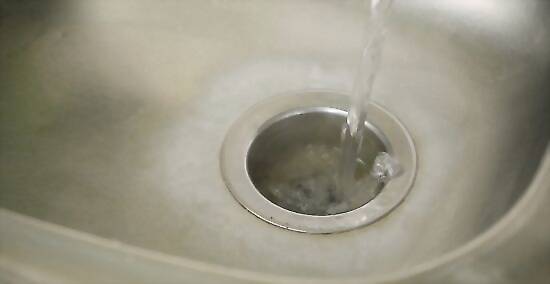
Pour 1 cup (240 mL) of hot water down your drain. Hot water will also work to dissolve any grime that is in your drain. It will also work to dilute the vinegar and baking soda so that they go down your drain. Use your sink to pour about 1 cup (240 mL) of hot water down your drain.
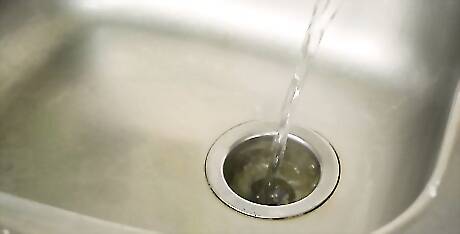
Flush your drain with another pot of boiling water. Bring another pot of water to a boil on high heat. Carefully pour the pot of boiling water down the drain to flush out any remaining vinegar or baking soda. This final flush rinses any remaining sludge out of your drain. If your drain is still clogged, you may need to try a harsher chemical drain cleaner.



















Comments
0 comment